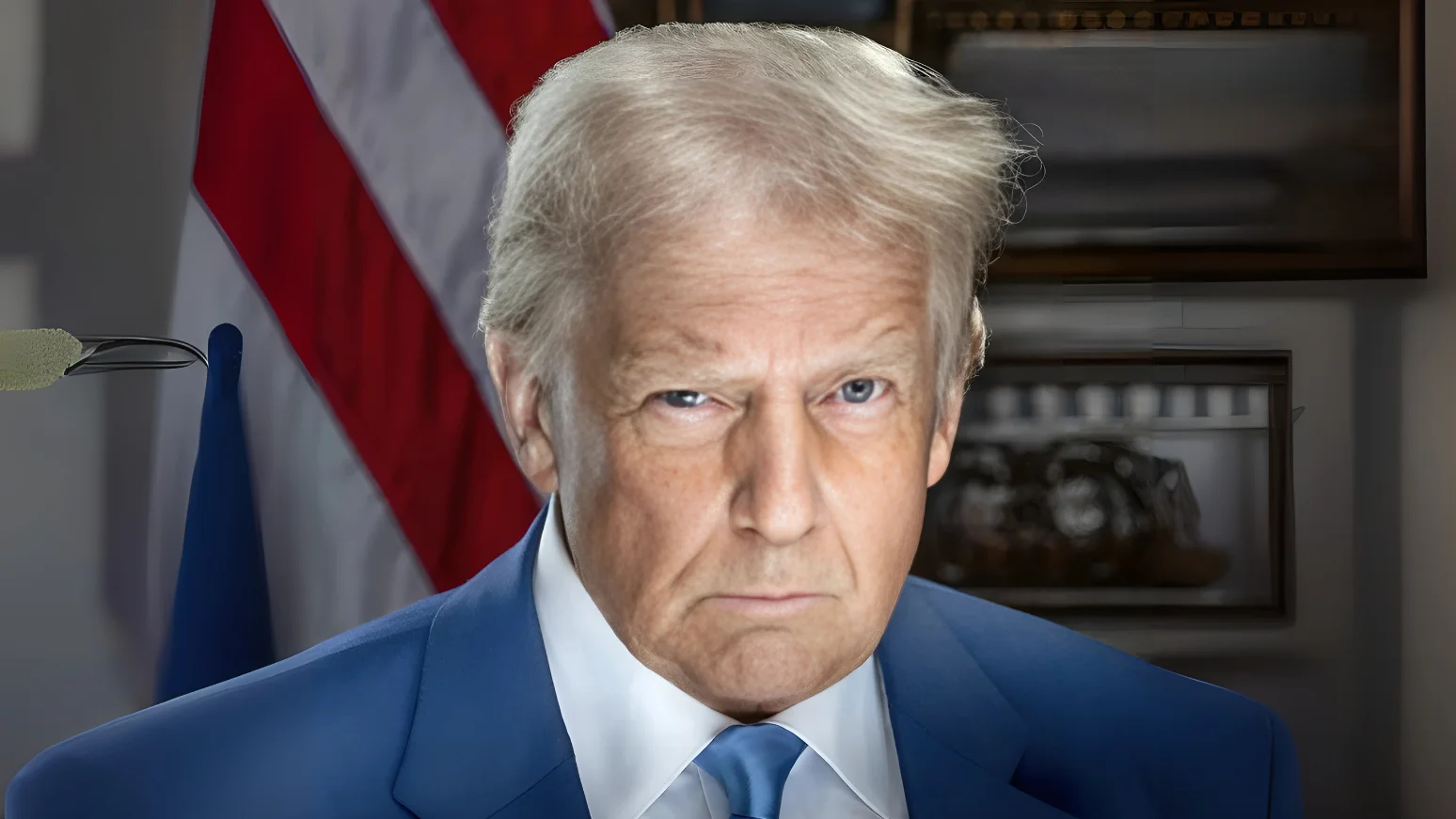The White House has issued a new National Security Presidential Memorandum (NSPM-7) focused on countering domestic terrorism and organized political violence. The memorandum, signed by President Donald J. Trump, directs several federal agencies to implement a coordinated strategy aimed at investigating and disrupting networks responsible for recent acts of political violence in the United States.
President Trump cited an increase in assassinations and violent incidents, including the assassination of Charlie Kirk, the 2024 killing of a senior healthcare executive, and the 2022 attempt on Supreme Court Justice Brett Kavanaugh. He also referenced two attempts on his own life during the 2024 presidential election cycle and noted that attacks on U.S. Immigration and Customs Enforcement (ICE) officers have risen by more than 1,000 percent since January 21, 2025. Recent riots in Los Angeles and Portland, as well as a shooting at an ICE facility in Dallas resulting in multiple casualties, were highlighted as examples of escalating violence.
According to the memorandum: "This political violence is not a series of isolated incidents and does not emerge organically. Instead, it is a culmination of sophisticated, organized campaigns of targeted intimidation, radicalization, threats, and violence designed to silence opposing speech, limit political activity, change or direct policy outcomes, and prevent the functioning of a democratic society."
The document outlines that these campaigns often use methods such as doxing—publicly exposing personal information—to intimidate targets like ICE agents. It states that such actions are part of coordinated efforts intended to obstruct federal operations.
President Trump attributed much of this violence to groups identifying with “anti-fascism,” claiming: "There are common recurrent motivations and indicia uniting this pattern of violent and terroristic activities under the umbrella of self-described 'anti-fascism.' These movements portray foundational American principles (e.g., support for law enforcement and border control) as 'fascist' to justify and encourage acts of violent revolution." He added that "this 'anti-fascist' lie has become the organizing rallying cry used by domestic terrorists to wage a violent assault against democratic institutions, constitutional rights, and fundamental American liberties."
Under Section 2 of NSPM-7, the National Joint Terrorism Task Force (JTTF) is tasked with leading investigations into entities engaged in political violence or intimidation intended to suppress lawful activity or disrupt rule of law. The JTTF will investigate recruitment for terrorism or conspiracy against rights; examine funding sources including individuals or organizations supporting criminal conduct; look into violations involving foreign influence; coordinate with other agencies; provide regular updates to the President; and request operational assistance from partner law enforcement agencies when needed.
The Attorney General is directed to prosecute all related federal crimes fully under existing laws. The memorandum also calls for specific guidance prioritizing politically motivated terrorist acts such as doxing campaigns, swatting, rioting, looting, trespass, assault, destruction of property, threats of violence, and civil disorder.
Financial aspects are addressed by instructing the Secretary of Treasury to identify illicit funding streams supporting domestic terrorism through investigative tools and coordination with financial institutions. The Internal Revenue Service Commissioner is directed to ensure tax-exempt entities are not financing political violence.
Federal law enforcement agencies are instructed to question individuals involved in political violence about organizers or financial sponsors before plea agreements or adjudication. Investigations should prioritize offenses such as assaulting federal officers (18 U.S.C. 111), conspiracy against rights (18 U.S.C. 241), money laundering (18 U.S.C. 1956), funding terrorist acts (18 U.S.C. 2339 et seq.), arson (18 U.S.C. 844), racketeering (18 U.S.C. 1961 et seq.), and major fraud against the United States (18 U.S.C. 1031).
The Attorney General may recommend designation as “domestic terrorist organizations” for any group found engaging in activities meeting statutory definitions under federal law.
Additionally, domestic terrorism will be designated a national priority area by both the Attorney General and Secretary of Homeland Security who will develop grant programs supporting detection and prevention efforts among law enforcement partners.
"This memorandum shall be implemented consistent with applicable law," President Trump wrote in closing instructions.





